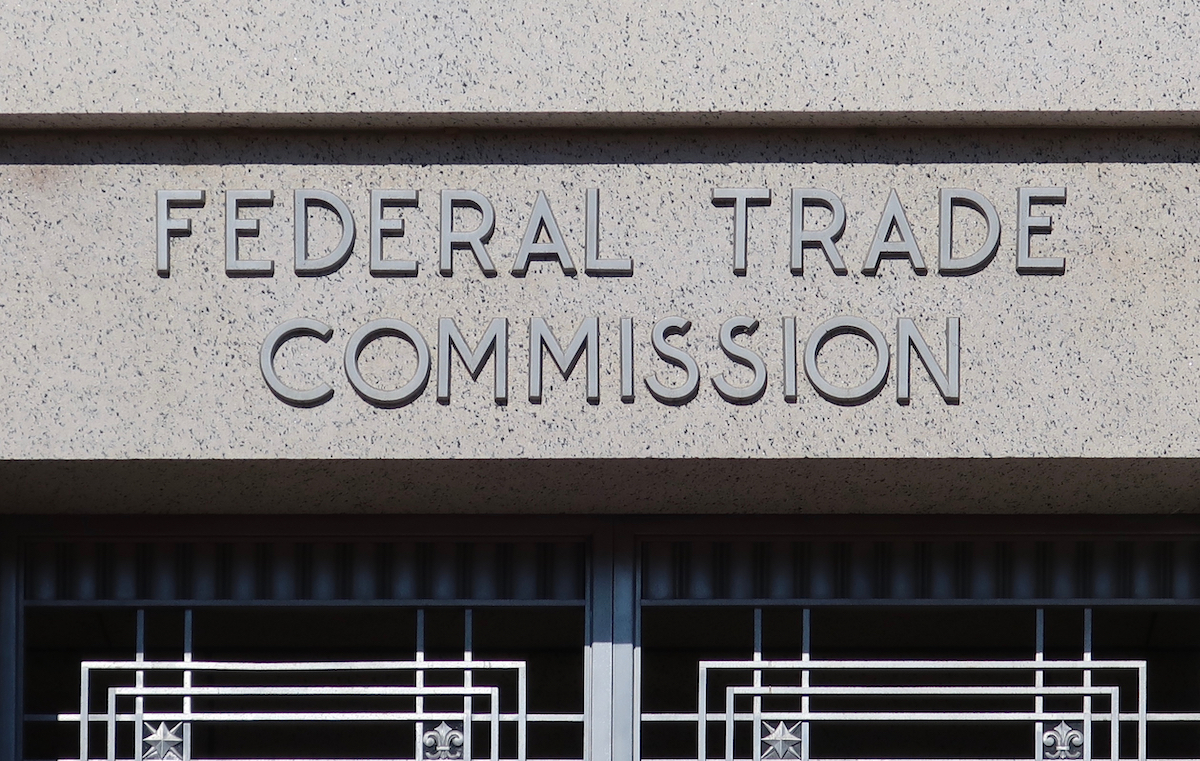
Private equity giant Welsh Carson is pushing back against the U.S. Federal Trade Commission (FTC), calling their antitrust lawsuit an “overreach” and accusing the agency of pursuing an “aggressive new litigation agenda.” The dispute centers around allegations that Welsh Carson, along with its investment in U.S. Anesthesia Partners, engaged in anti-competitive practices in the Texas anesthesiology market, reported Reuters.
In September, the FTC filed a lawsuit against Welsh Carson and U.S. Anesthesia Partners, asserting that the firms worked together to consolidate the anesthesiology market in Texas. The regulatory body claimed that this consolidation led to reduced competition and increased prices, thereby violating U.S. antitrust laws.
According to Reuters, Welsh Carson swiftly responded by filing a motion to dismiss the lawsuit, with their attorneys vehemently criticizing the FTC’s legal action. They argued that the complaint against “mere investors” marked a departure from settled corporate law norms, contending that Welsh Carson’s actions were in line with the standard practices of private equity. The firm emphasized its role in providing “advice, financial support, and oversight,” characterizing its conduct as typical within the industry.
The legal skirmish has attracted attention as part of a broader initiative by the FTC’s leadership under the Biden administration to scrutinize acquisitions led by private equity in the context of potential anticompetitive behavior.
Expressing disappointment over the FTC’s move, Welsh Carson issued a statement, stating, “We are disappointed that the FTC chose to file this unwarranted and unprecedented action.” The firm’s strong rebuttal suggests a determination to challenge what it sees as an infringement on established norms governing the private equity sector.
U.S. Anesthesia Partners, the company implicated in the alleged anticompetitive practices, also joined Welsh Carson in seeking a dismissal of the FTC’s claims. Dr. J. Scott Holliday, a board member of U.S. Anesthesia Partners, criticized the lawsuit, stating that it was “based on flawed legal theories and a lack of understanding about the healthcare industry.”
Source: Reuters
Featured News
UK Government Approves Vodafone-Hutchison Merger
May 9, 2024 by
CPI
Senate Majority Leader Announces Plan for AI Regulation Framework
May 9, 2024 by
CPI
BBVA Initiates Aggressive Takeover Bid for Sabadell
May 9, 2024 by
CPI
TikTok to Label AI-Generated Content Amid Election Interference Concerns
May 9, 2024 by
CPI
Italy’s Antitrust Authority Imposes Heavy Fines on Car Rental Giants
May 9, 2024 by
CPI
Antitrust Mix by CPI
Antitrust Chronicle® – Ecosystems
May 9, 2024 by
CPI
Mapping Antitrust onto Digital Ecosystems
May 9, 2024 by
CPI
Ecosystems and Competition Law: A Law and Political Economy Approach
May 9, 2024 by
CPI
Ecosystem Theories of Harm: What is Beyond the Buzzword?
May 9, 2024 by
CPI
Open Ecosystems: Benefits, Challenges, and Implications for Antitrust
May 9, 2024 by
CPI